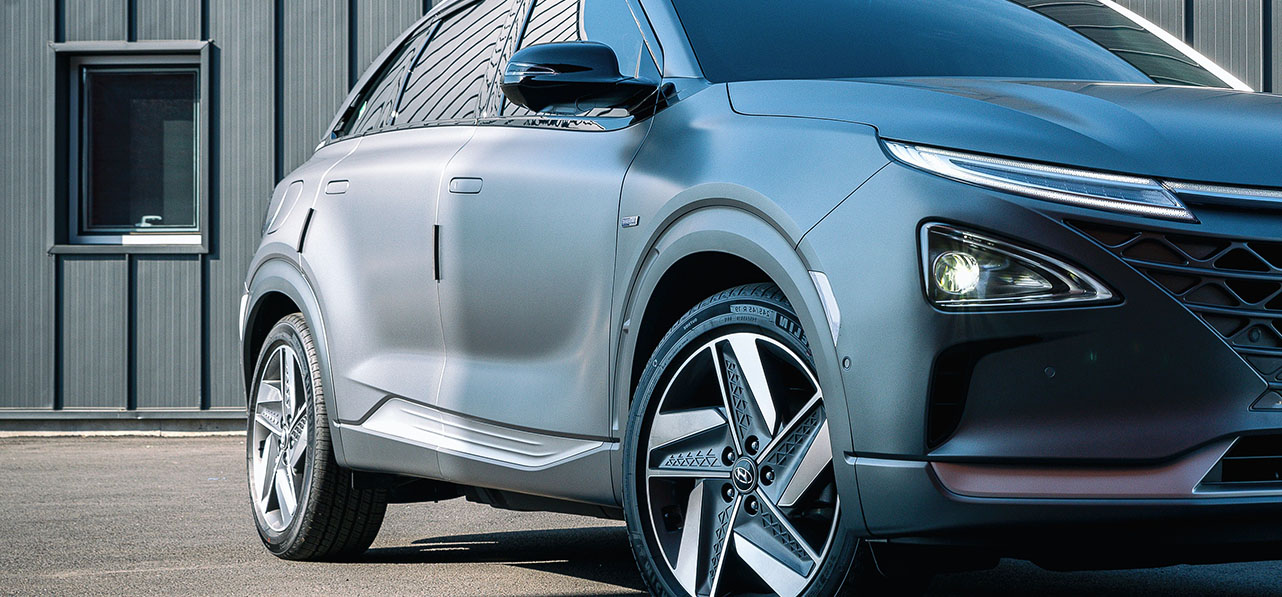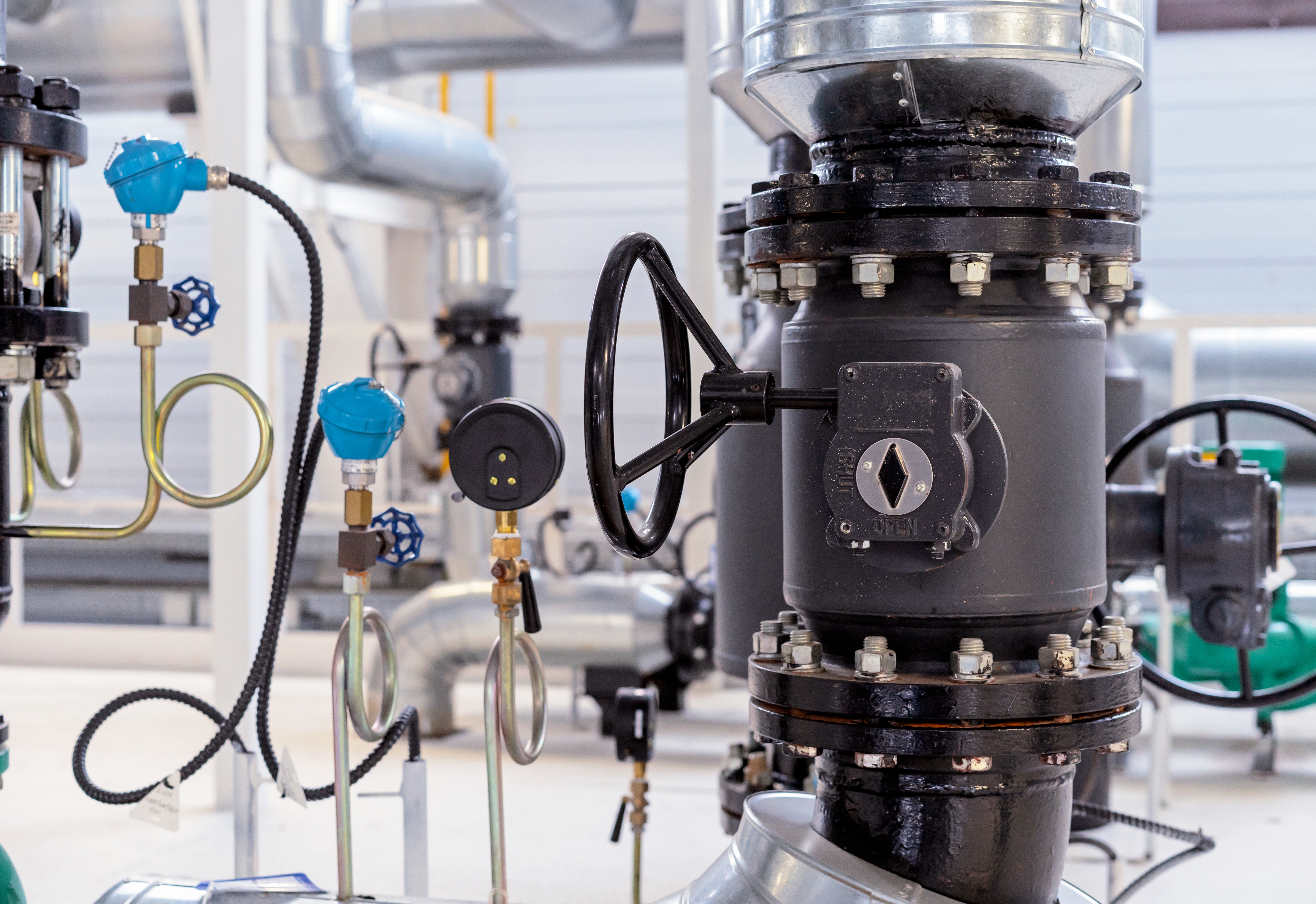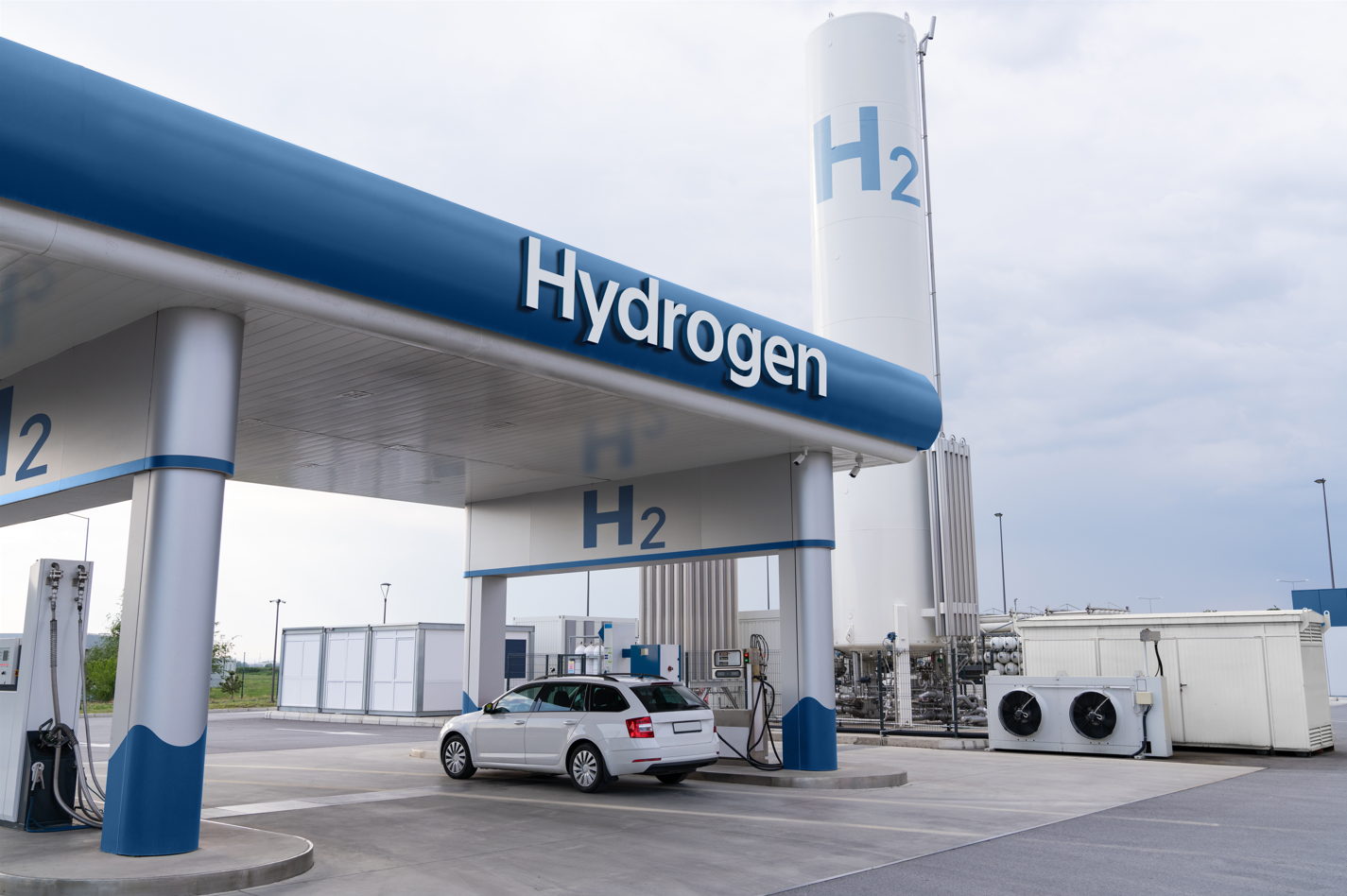Featured Articles
2022-04-29
The performance of hydrogen energy vehicles are gradually recognized
 Hyundai Nexo 2023: Next-Generation Fuel Cell System
Hyundai Nexo 2023: Next-Generation Fuel Cell SystemBMW iX5 Hydrogen, a version of its X5 hydrogen car, in early March 2022, which has undergone several driving tests at its test center in Arjeplog, northern Sweden. The company emphasizes that despite the harsh conditions of sub-zero temperatures, all drive components of the BMW iX5 Hydrogen, from the fuel cell system to the hydrogen tank, power buffer battery, to the central vehicle control unit, have proven reliability and suitability for everyday use. The iX5 Hydrogen prototype is equipped with two sets of 700 bar pressure hydrogen fuel storage tanks covered with reinforced carbon fiber plastic material under the hood, which can hold about 6 liters of hydrogen. The motor group uses a configuration similar to the iX, using the fifth-generation electric motor, with a maximum horsepower of 369hp, and is scheduled to start small production in 2022. BMW has always been very demanding on car performance and handling, and the mass production of iX5 Hydrogen has an indicative significance, confirming its affirmation of hydrogen energy vehicles in this regard.
Toyota's second-generation Mirai also uses many new technologies to make its performance jump significantly. In addition to miniaturizing and optimizing the bulky fuel cell stacks and component modules, increasing the number of high-pressure hydrogen tanks from the original two to three, and coordinating with reconfiguration, can achieve the same effect as expanding the cabin space and streamlining the appearance of lithium electric cars. Repositioning the intake manifold and optimizing the gas passage separating electrodes and seals increased the power output of the first-generation stack by 12% (up from 114 kW to 128 kW). That equates to 182 hp and 221 lb-ft of torque, compared to 151 hp and 247 lb-ft of torque in the first-generation Mirai.
Hyundai Motor also previewed the next-generation fuel cell system, which is planned to be launched in 2023, and can be divided into two grades of 100 kW and 200 kW output. Compared to the existing NEXO system, the volume of the 100 kW class has been reduced by 70%. The 200 kW class is the same size as the NEXO system, but has twice the output power of the NEXO system. In short, the cost is reduced by more than 50%, the total package volume is reduced by 30%, and the power output is doubled. In terms of durability, hydrogen fuel cells have also reached a relative level. The NEXO has a durability of 100,000 kilometers (3,000 hours) and 160,000 kilometers (5,000 hours). The earliest prototype was only 30,000 kilometers (800 hours). The company unveiled a conceptual sports car called the Vision FK in September 2021, which for the first time combines the power system used in lithium electric vehicles (the so-called PE system) with a hydrogen fuel cell system. A PE system is an electric motor system that combines a motor and a reducer, an inverter for power conversion, and a battery that contains the power source. Hyundai claims the concept car has more than 500 kW (about 680 hp), which is better than the combined output of the two electric motors applied to the front and rear axles of the electric Porsche Taycan Turbo S, which is only 460 kW (about 625 hp). This is a very creative approach, which perfectly combines and optimizes the technologies of lithium electric vehicles and hydrogen energy vehicles. It verifies that hydrogen energy vehicles not only ensure zero emissions, but also have the potential to pursue performance that cannot be ignored.
References
- MONOist , 2021-04-23 , provided by Yuki Saito, トヨタがHyquitoエンジンをスーパー durable シリーズに, May 2021
- Planet Analog, 2021-11-9, MAJEED AHMADD , Denso calls SiC a revolution in the bid for carbon neutrality
- Interesting Engineering, 2022-02-19 , Loukia Papadopoulos , Toyota and Yamaha join forces to develop hydrogen-fueled V8 engine
- H yundai Motor Group, 2021-09-07, Hyundai Motor Group's next-generation fuel cell system, a key technology for popularizing hydrogen energy
- Hyundai Motor Group, 2021-09-07, Vision FK, the world's first high-performance eco-friendly hydrogen electric vehicle
- 2020-12-17 , Toyota introduces second-generation Mirai fuel cell electric vehicle as design and technology flagship



